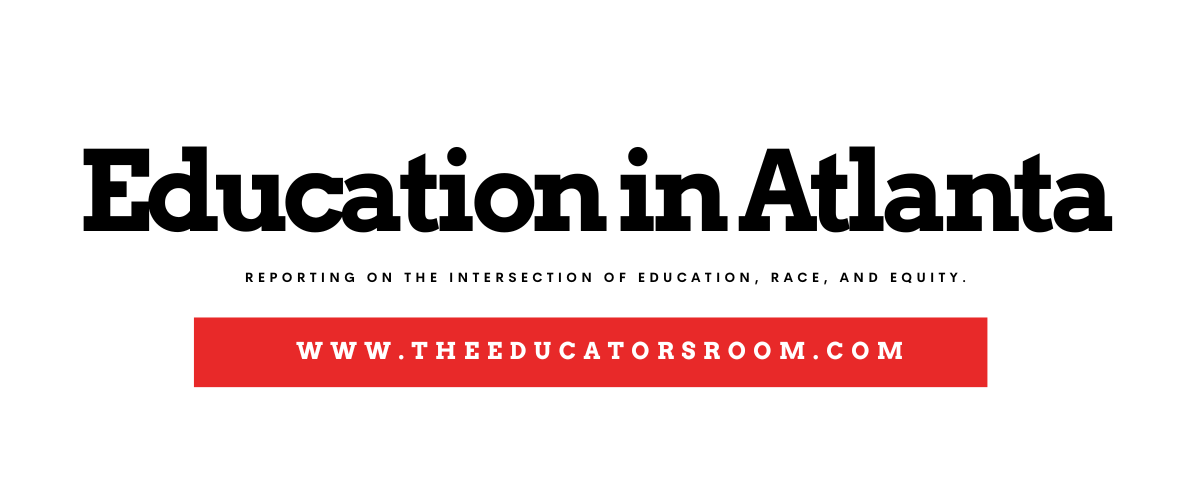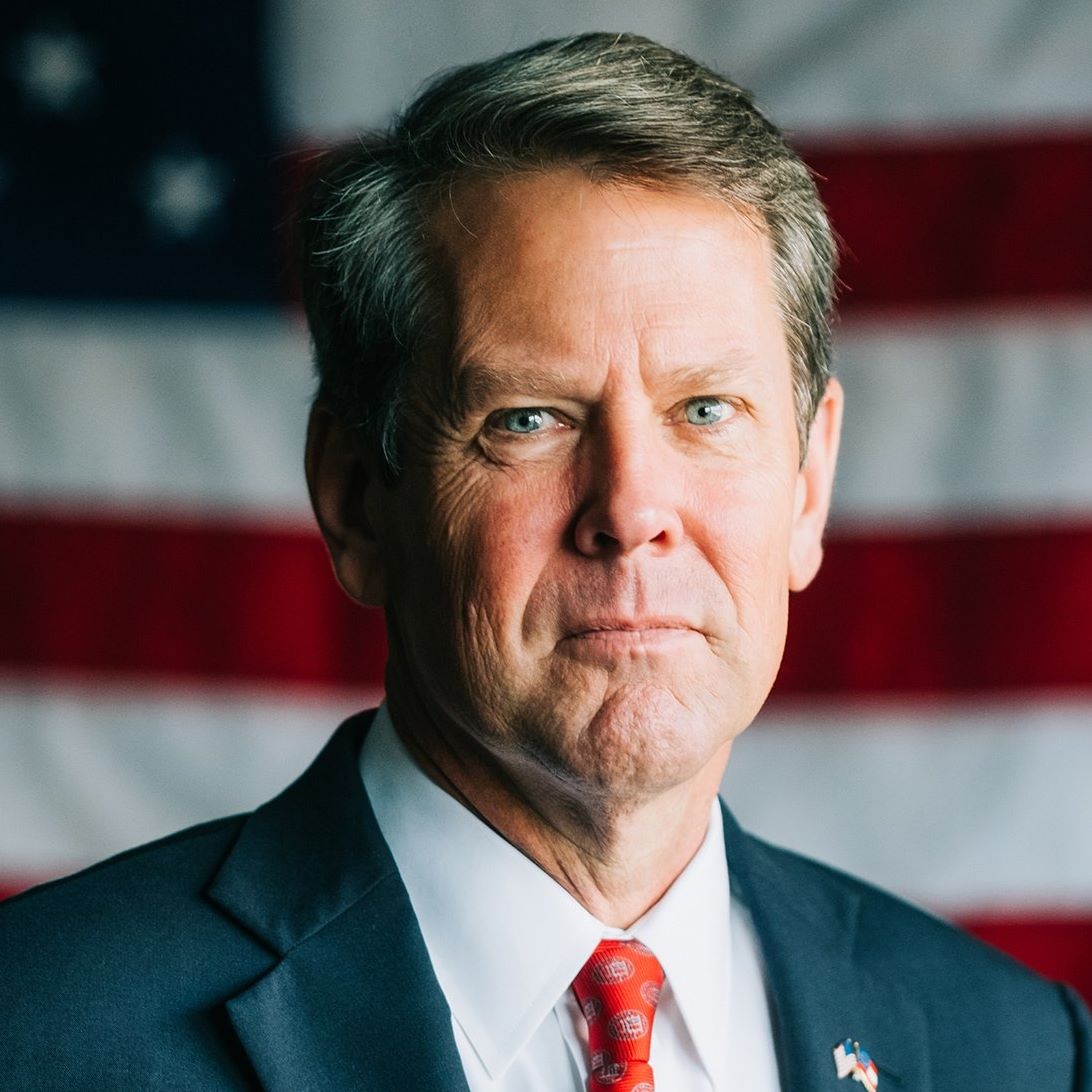After Georgia Governor Brian Kemp issued his letter to the State Board on May 20th,
conversations were had about some of the wording Kemp used in his letter.
“We must instead focus on our goal of providing the highest quality education to every child in
Georgia, without partisan bias or political influence.”
Though Kemp seemed to want to get rid of partisanship in education through the banning of
critical race theory, in his own way, it seems that he has injected partisanship back into
education.
With Georgia ranked 37th in the nation in terms of education, according to an article by
USAToday, it seems that major improvements could be made in Georgia’s educational
development of its students. Yet by limiting equity talks, some school districts such as Atlanta
Public Schools seem to think that this would cause a lack of equity and would limit their school
districts growth and the growth of its students.
To those school districts, to read Kemp’s words about limiting “partisan bias”, begs the question.
What particular biases are we talking about?
Because to those districts the bias is seeming to come from Kemp himself in stopping the growth
of their students, limiting the necessary conversations that need to be had for the development of
its district’s students.
These same notions have been echoed by coalitions such as Fund Georgia’s Future, and have
also been echoed by various members of the Atlanta Public Schools community either online or
in person.
In Kemp’s own words, he mentions that “Parents, educators, and local communities here in the
Peach State know how best to educate their students…” Yet to those school districts these words
may seem contradictory when considering Kemp’s words about critical race theory.
The fact that it is a Republican Governor that seems to be trying to limit equity talks concerning
people of color, many of whom have been historically marginalized in this country. Is a rather
bitter pill to hear about, let alone swallow.
Add on to that the transition that Georgia itself is going through in terms of its politics, with the
wins of Raphael Warnock and Jon Ossoff. It would seem that during this time of change more
policies that encourage these types of discussions would be wanted, rather than withheld.
A possible solution to all of this may be to accept that schools are extensions of the communities
that they are in and around. Because of that, as much as we may want to limit partisanship in
schools, we may have to accept it and learn more about it, in order to conceptualize what kind of
things are going on around us.
In some ways, is that not what Critical Race Theory seeks to provide?

